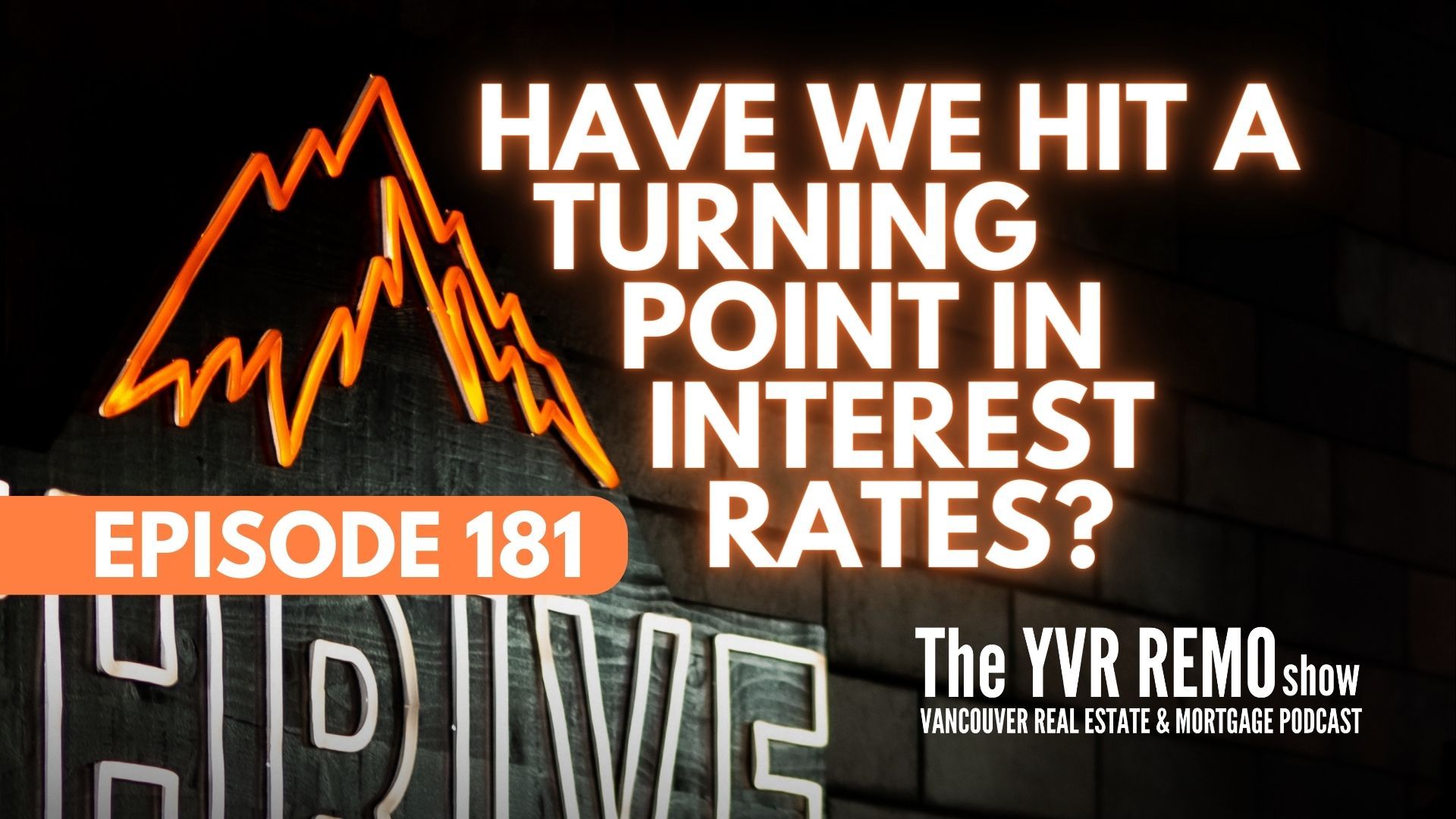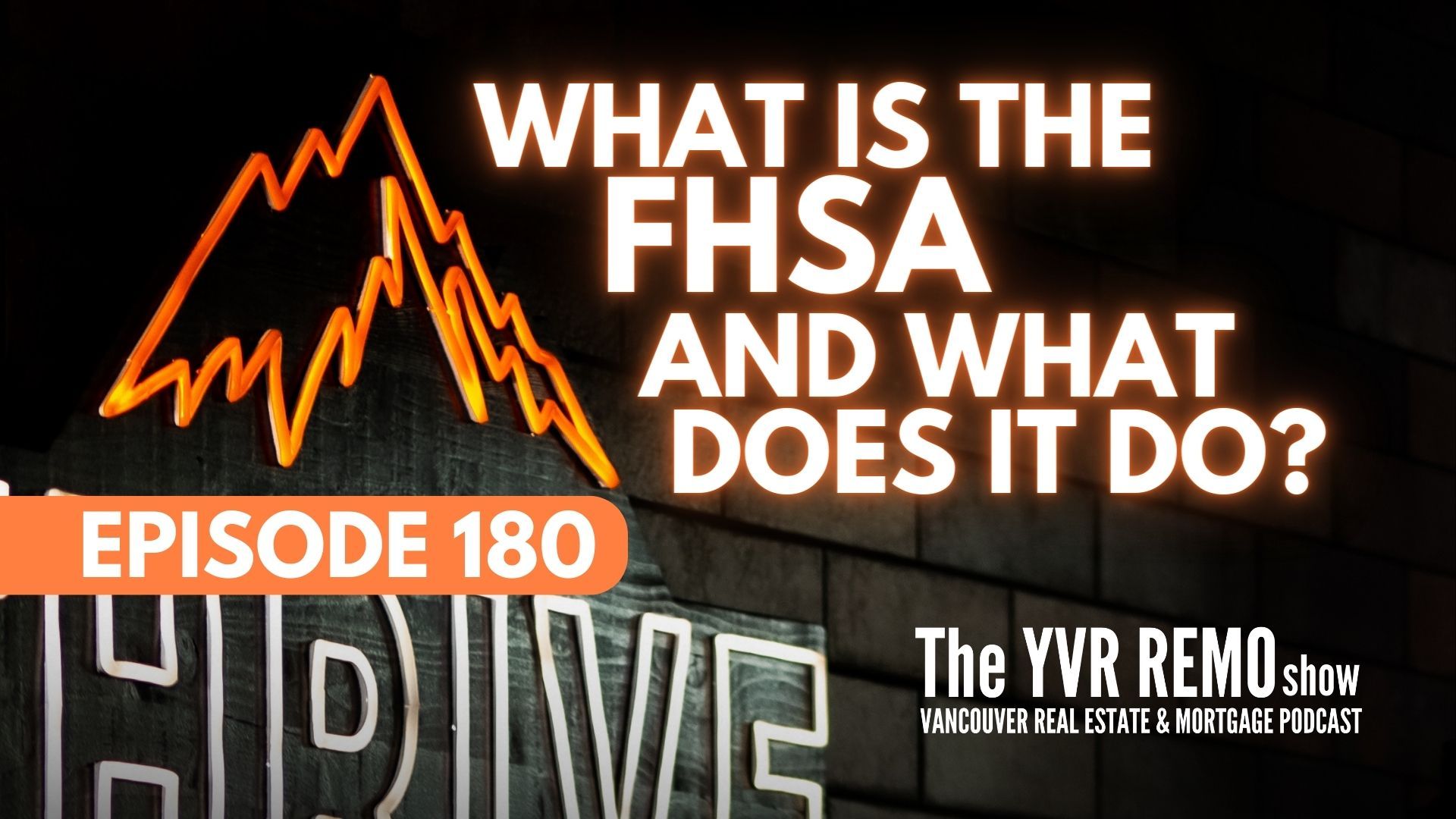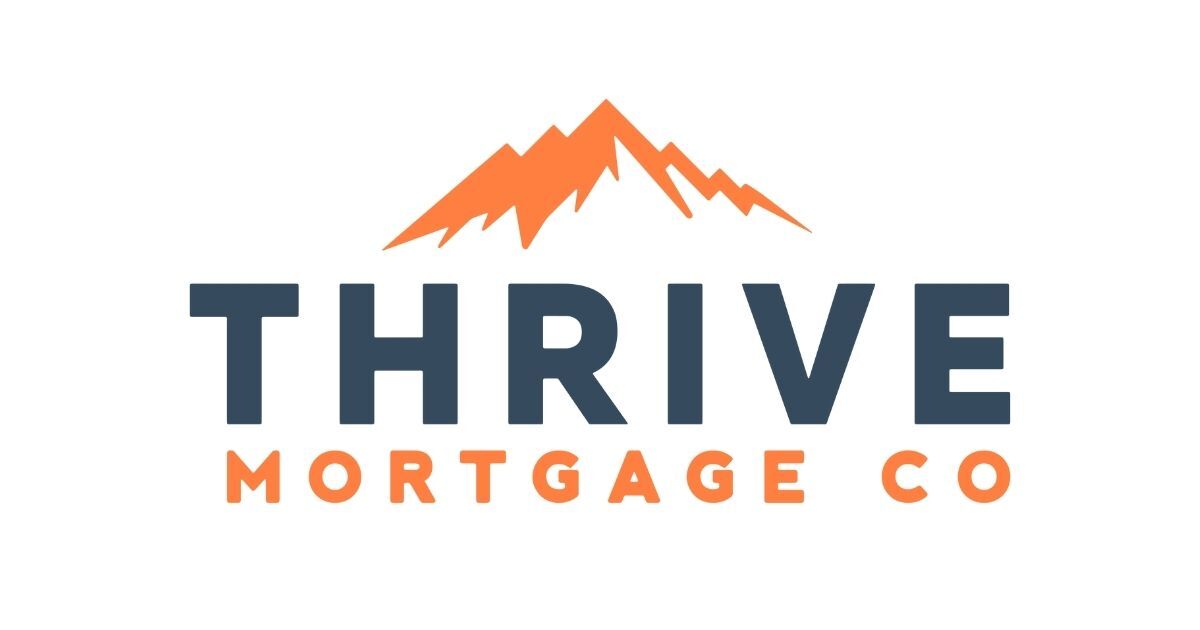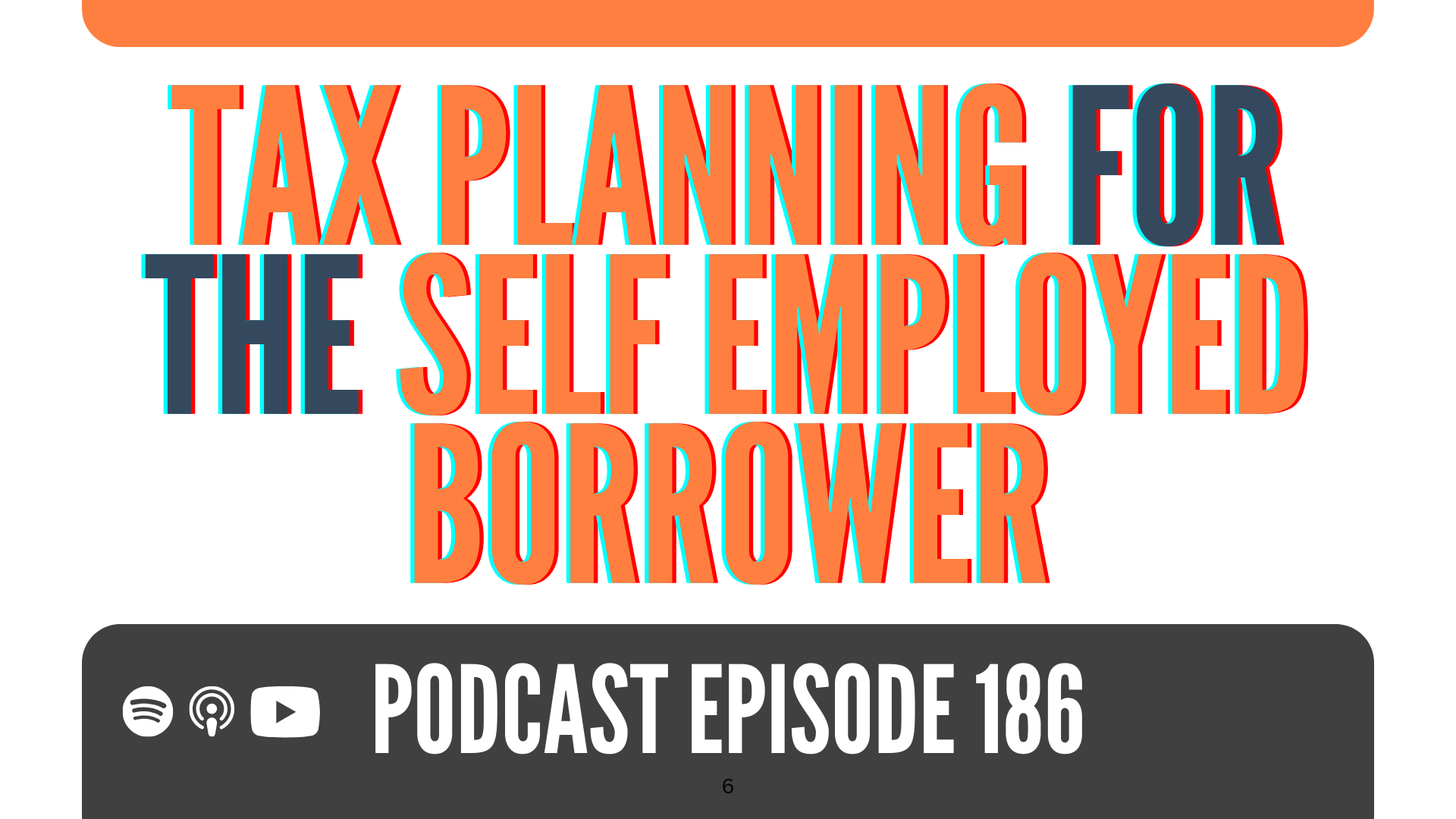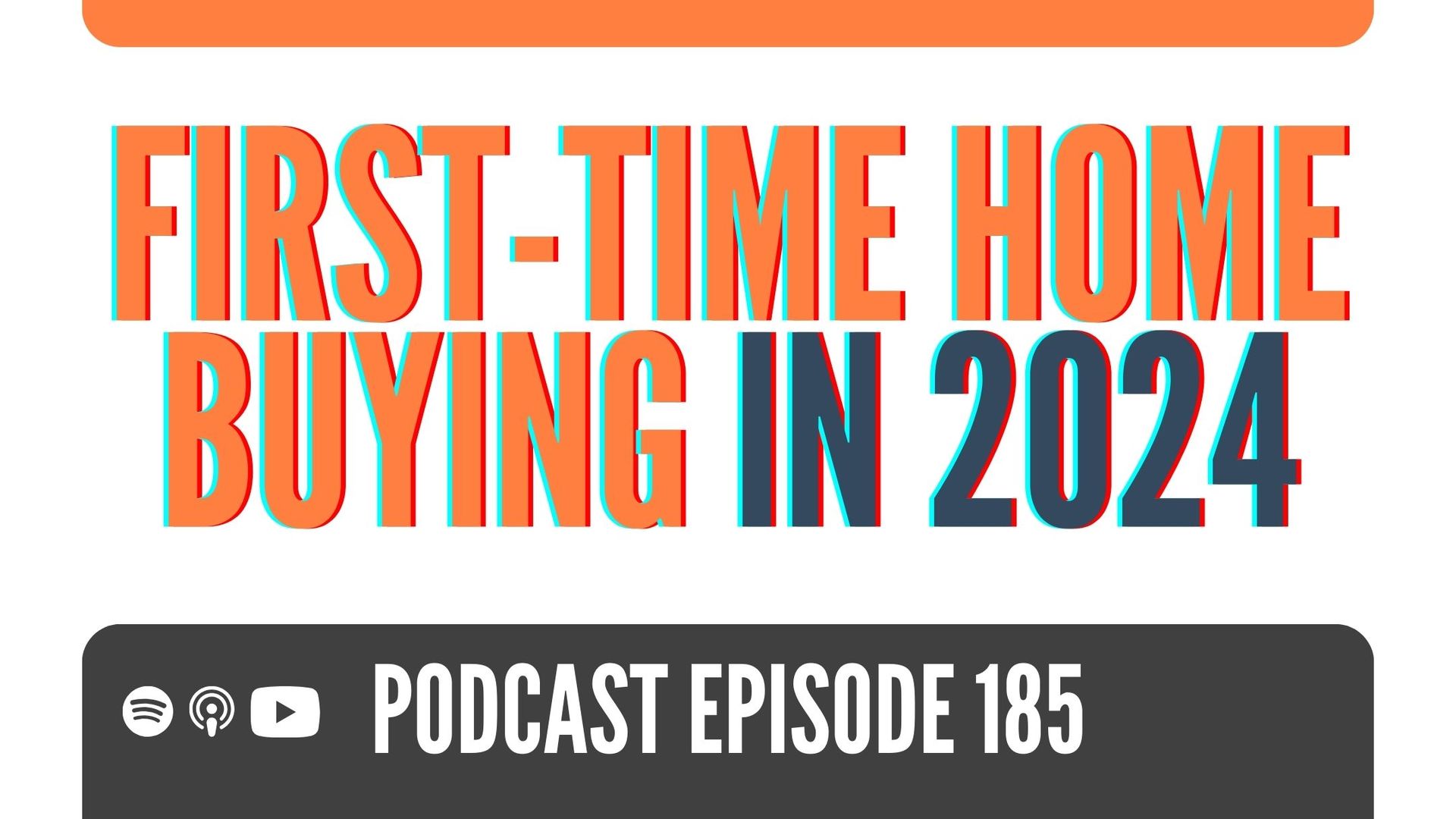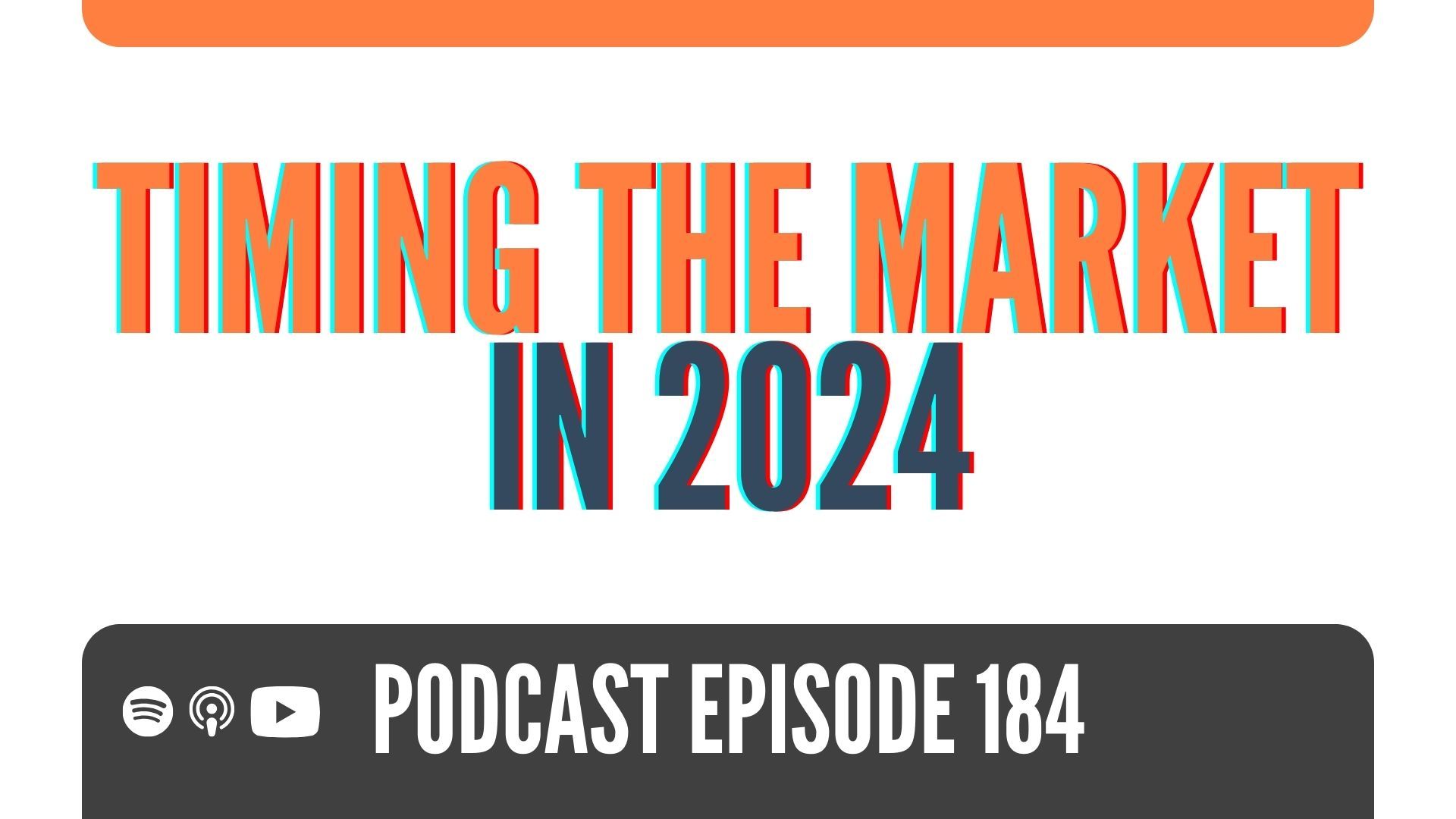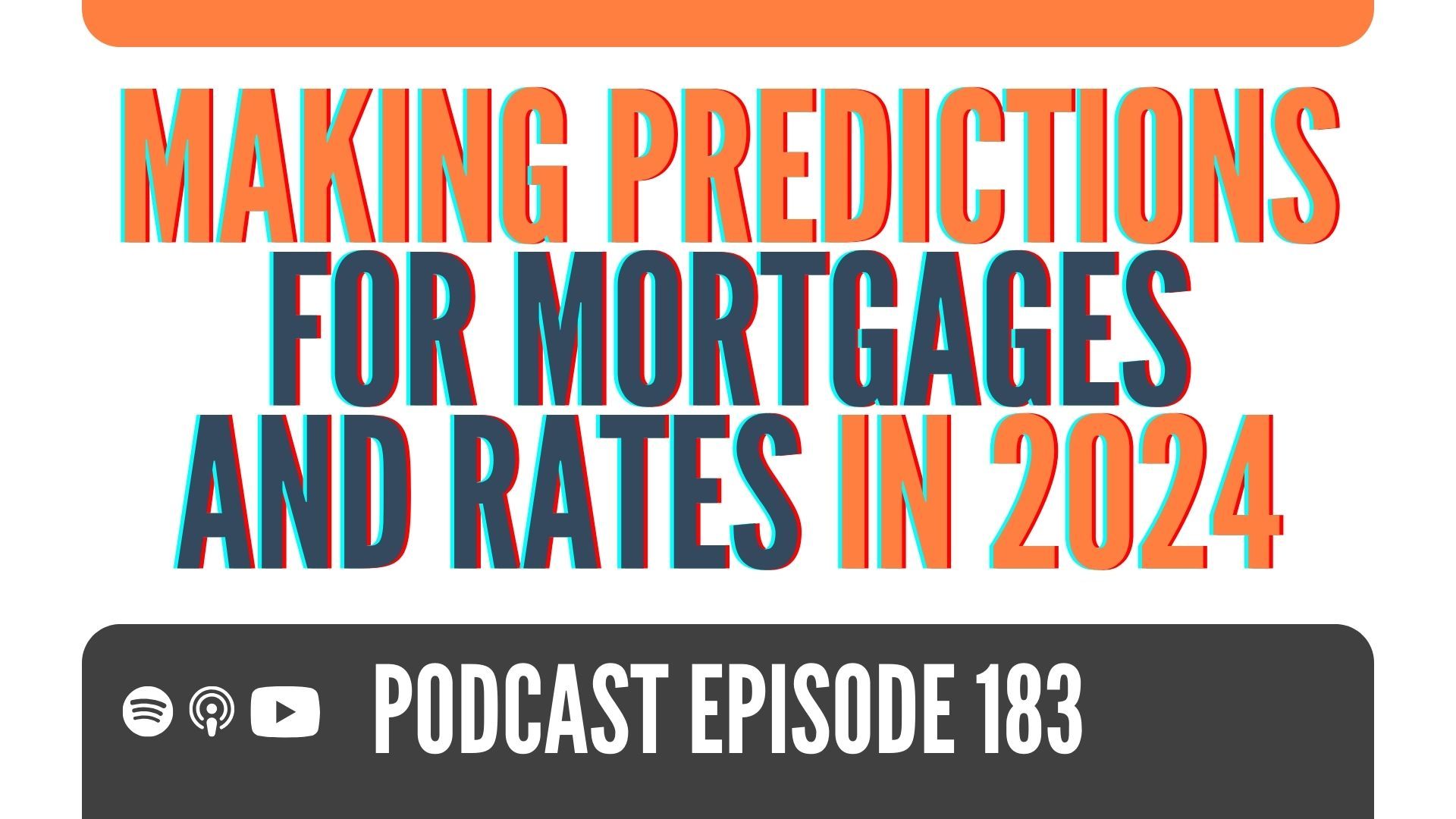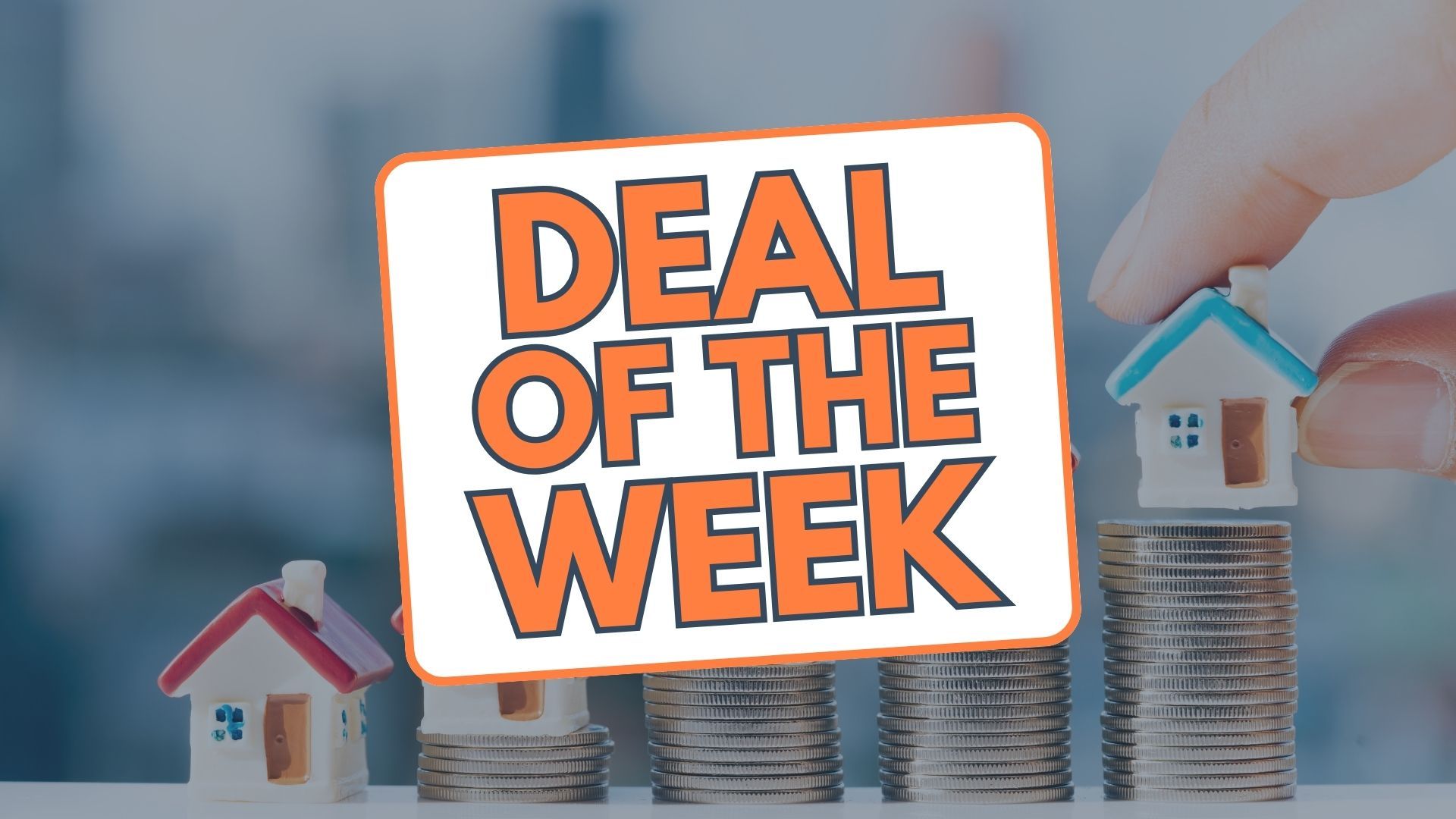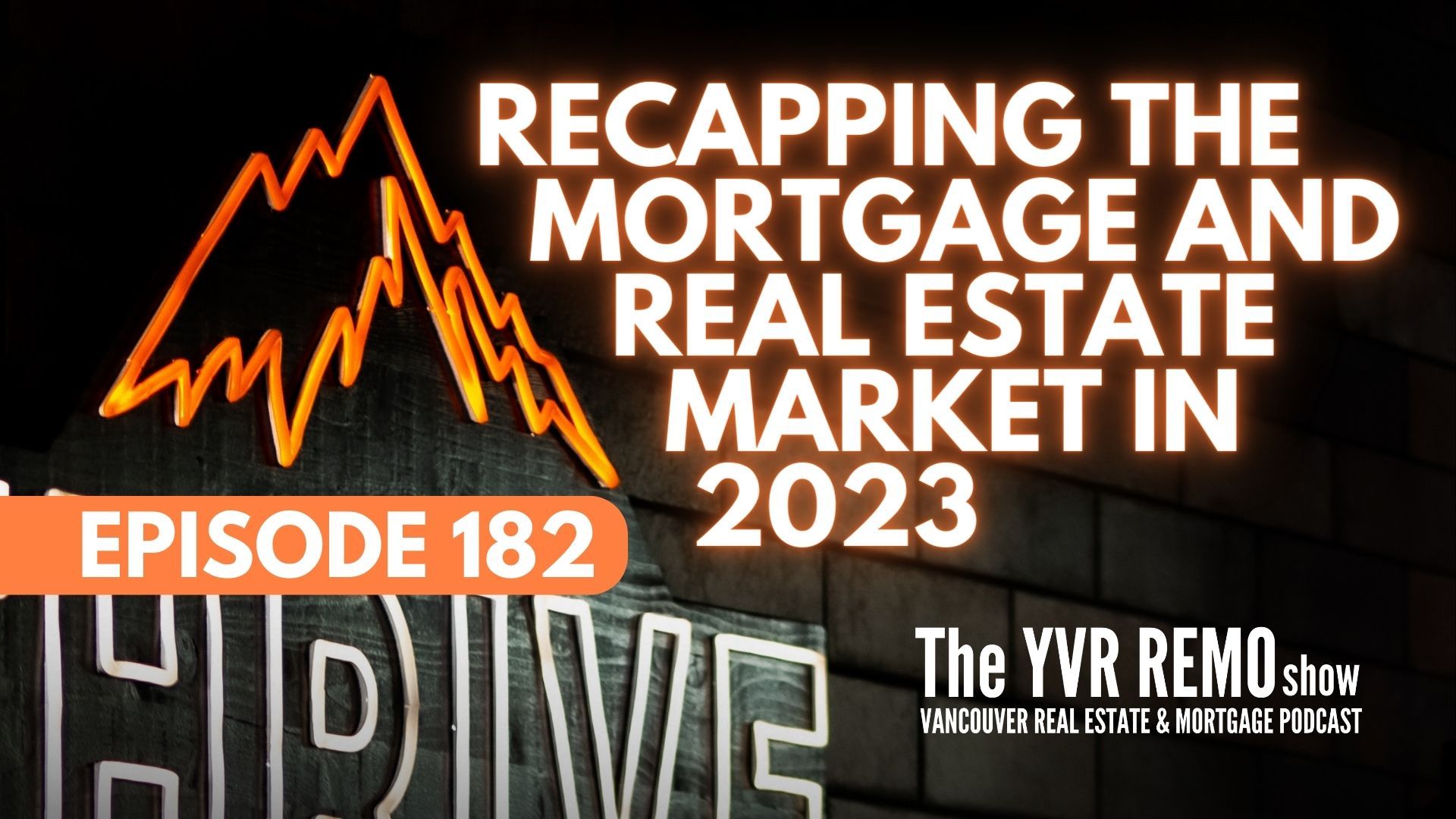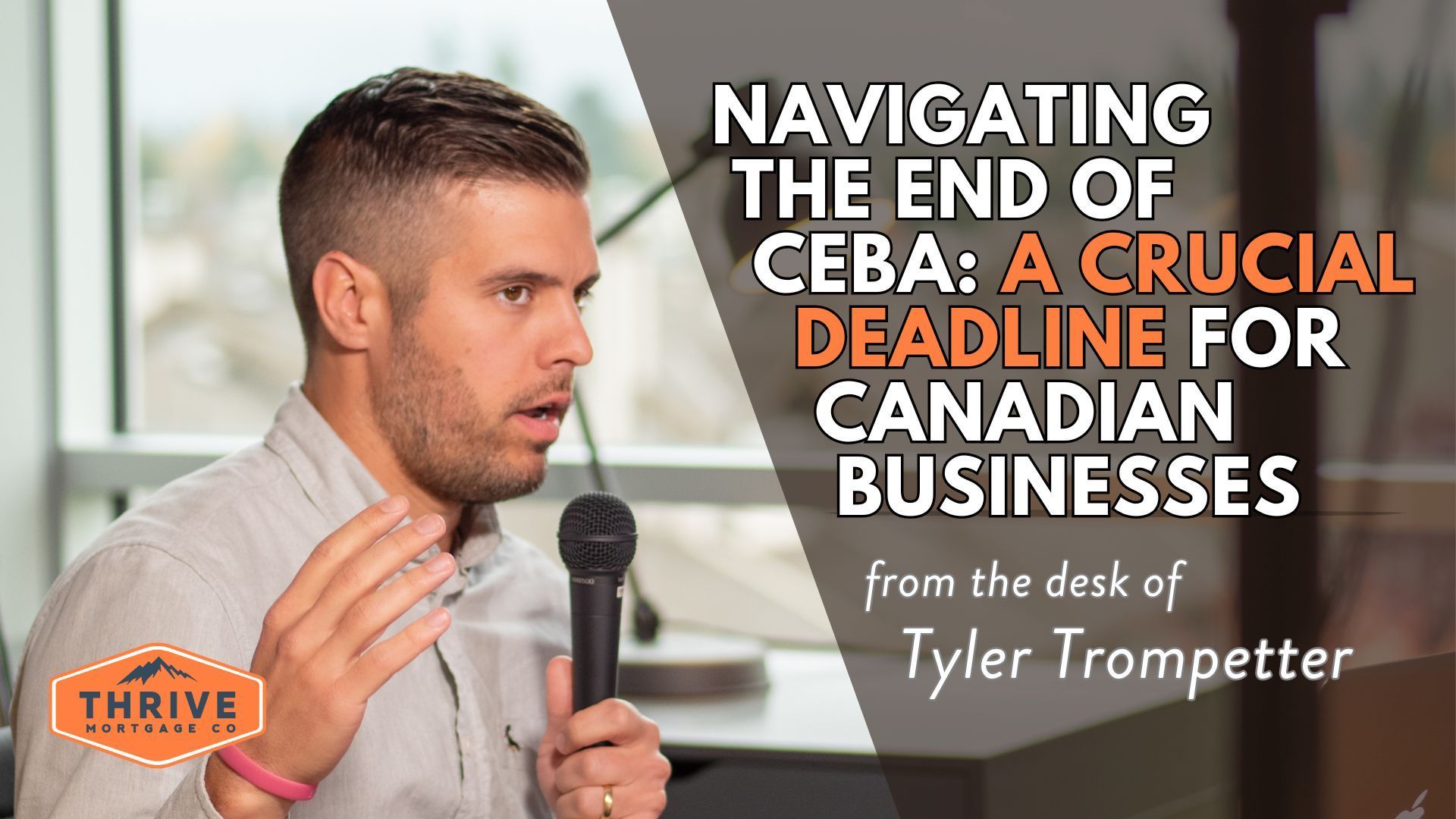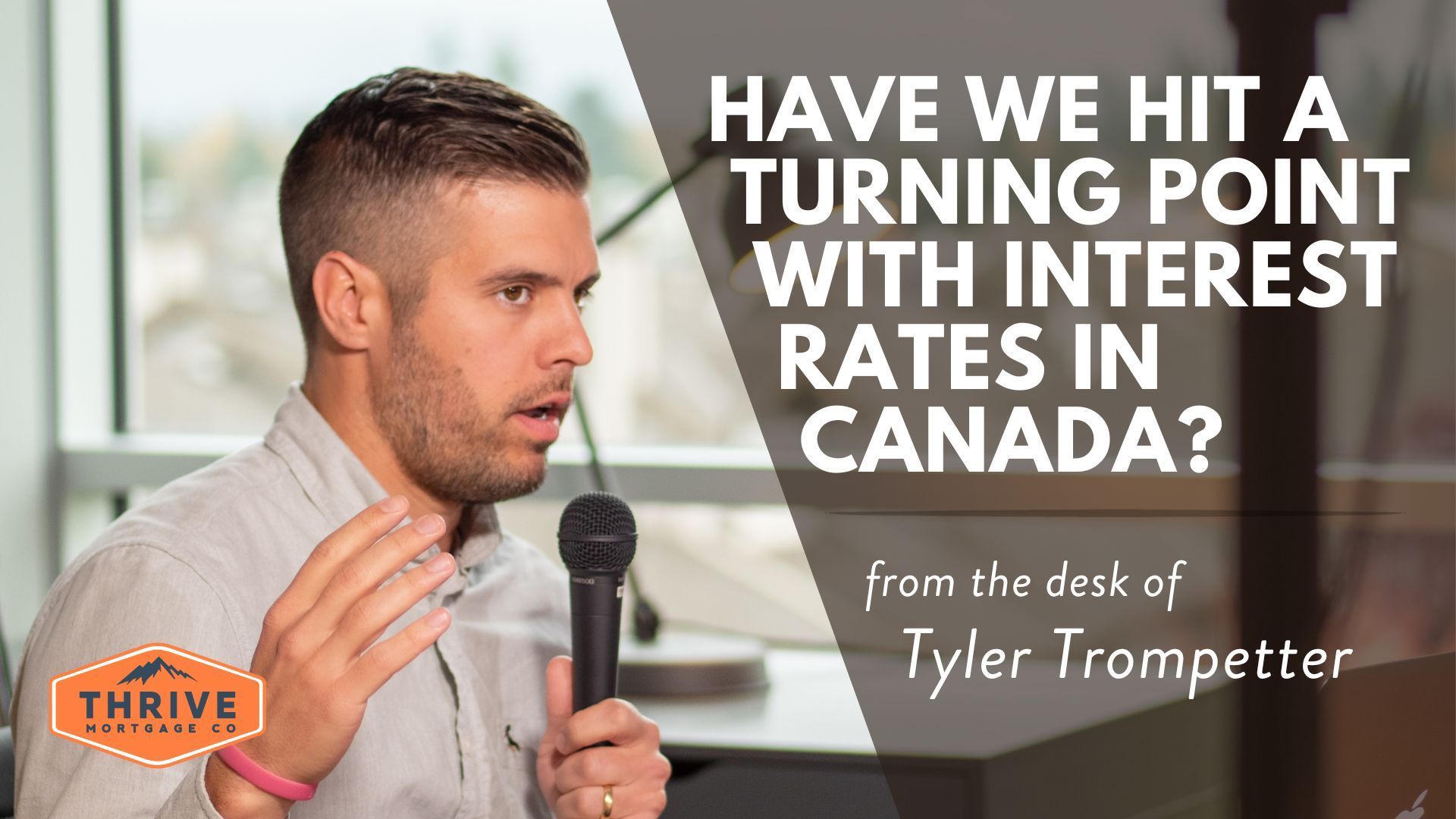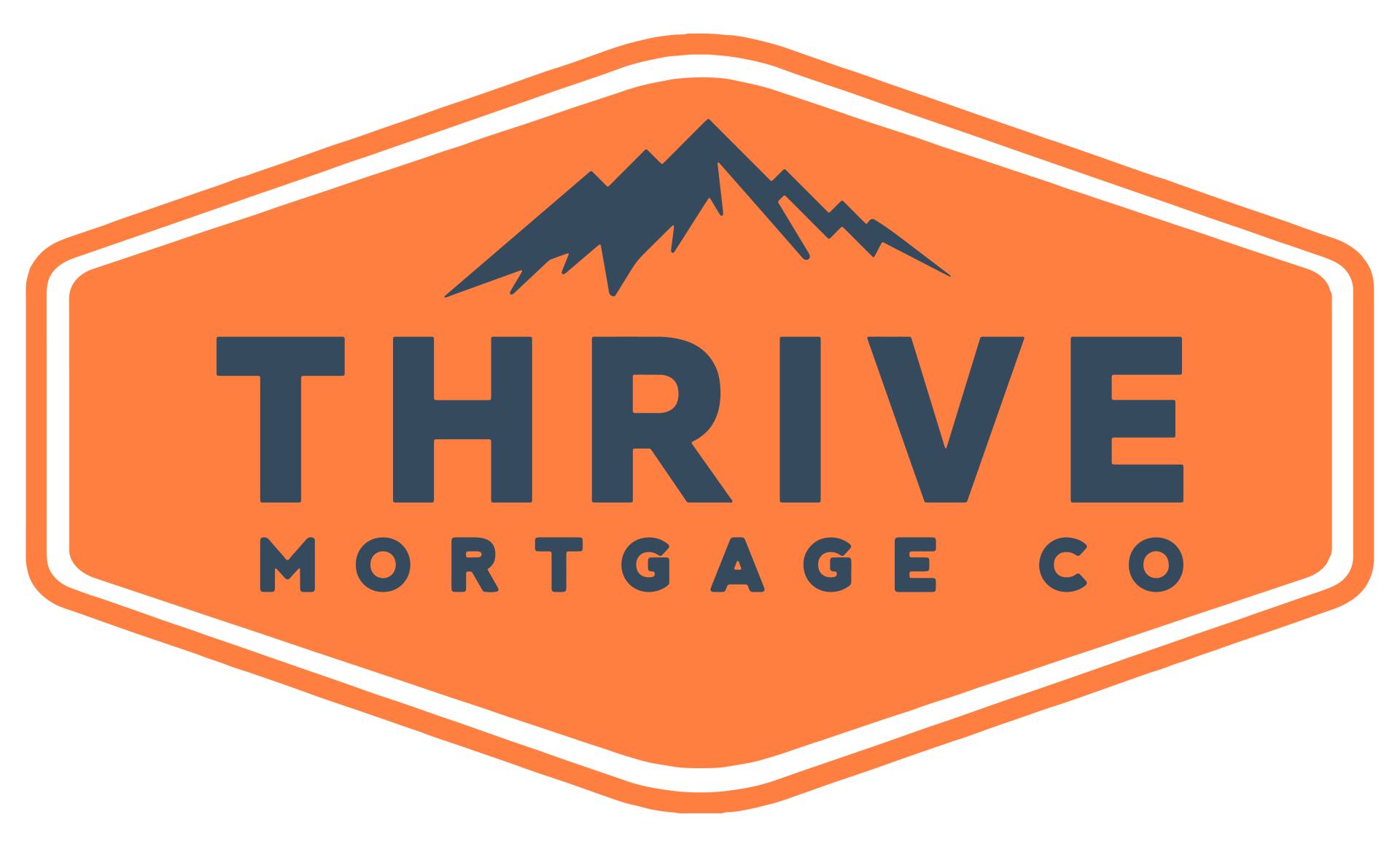MAKE MORE MONEY! Investment Property Expenses Explained
A big part of our day-to-day conversations on the podcast has always leaned towards creating wealth in real estate. One of those factors is always real estate as an investment.
It's important to understand the different types of investments and how the costs vary. This will prevent getting caught off guard when looking to purchase an investment property.
We're going to talk about estimating potential fixed and variable expenses. In the end, we'll bring it all together when it comes to analyzing these costs associated with an investment property.
There are also your purchase closing costs which everyone needs to be aware of.
Property Taxes
Taxes are going to vary depending on the municipality. Certain cities such as Maple Ridge are quite a bit more expensive than Langley and Surrey. If it is a rental property for investment, you're not going to get the homeowner's grant. You're going to be liable for the full property tax bill. One flaw that we see people make is they don't account for this, they don't put money aside at the end of the year and they're getting a bill for $4,000. If that is your situation, and you're not proactively putting that money aside, you can typically have your institution collect that money on your behalf and remit it to the city for you.
It's important to understand the actual city that you're looking at and the type of property. Some cities will cover your water and sewage. All these aspects need to be considered to analyze the costs associated with the property.
Strata Payments
Not only is a strata payment a fixed cost, but it's a cost that actually can go up. We've seen strata payments go up quite significantly due to insurance reasons. It's something to be prepared for. Budget for at least a 20% higher strata payment just to be safe.
A depreciation report is something that you would look at as far as the ongoing costs. This is a dive into the strata documents and figuring out what is coming up.
Does the roof need to be done? These are things that the strata will start to account for and start to budget for. They'll increase your strata payment to essentially cover those costs in X amount of time the repairs needed. We saw insurance skyrocket for strata in the last couple of years and people weren't prepared for that. Where we're at from a perspective of strategy, it seems to be stable.
Depreciation reports are readily available with most strata properties. If you see a building that's 20 years old, and they haven't done a depreciation report in recent years, that's a cause for concern.
What About Insurance?
Insurance is something that you're always going to pay whether it's a strata property or detached. It covers everything you can imagine needing to be covered in a strata property. The strata has its insurance policy which covers the building itself. You would have homeowners insurance or renters insurance for everything inside including the tenants in case something were to go wrong.
You are required to have house insurance. A bank will not fund a mortgage without insurance. If you're purchasing, we recommend that all of our clients get their insurance sorted out before they remove subjects so that there are no surprises. We've seen this far too many times, where people are reminded by their lawyer two days before completion that they need insurance. Make sure you tackle that and understand the cost.
A lot of people go into this thinking that the insurance costs are going to be similar to their primary residence. When you're insuring a home for rent, it's is going to be a higher cost. Get your insurance agent on this well in advance of closing. Try to do this at subject removal so you know the full numbers.
If you talk to an experienced investor, they know right away that insurance is one of those considerations that they're looking at.
It has to be a major consideration in your overall performance when you're buying a property.

Do You Need Help Managing That Property?
You have two options when you're buying an investment property, you can manage it yourself or you can hire somebody to manage it. This is dependent on the location and what type of investment.
A property manager would charge a percentage of your income. If you earn $2,000 per month in rent, they would charge a percentage of that in terms of an expense. They can also charge a placement fee if they're finding a tenant for you. Typically, that would be half of a month, sometimes more. Depending on if it's short-term or long-term, they will charge a certain expense for managing the unit.
For a short-term rental, we've seen expenses as high as 20% to 30% of the monthly income. For medium-term, which would be a furnished rental, I would see somewhere between 10% to 20%. 6% to 10% is a standard that we've seen for long-term investments.
Find out what those property management fees would be and what would they cover.
Would they include any of the other expenses in their calculations?
We've seen property managers cover minor repairs. That's why their percentage could be higher. Ultimately, it's important to understand what these are when you're looking at moving forward with any property.
Do You Have The Time To Manage A Property?
If it's a short-term rental and you have people coming and going every three or four days, constant requests are going to be time-consuming. Before you take on managing any type of property, chat with some people who own rental properties to get an understanding of what it's going to entail.
It doesn't always make sense to do it yourself.
Mortgage Payments
If you have a mortgage, that's a cost. With a variable mortgage, you need to understand if rates are going up or down because your payment could fluctuate. There are variable mortgage products that have a static payment, meaning that even when rates change your payment does not have to change. If you're curious about that, let us know. The actual cost of the mortgage is typically going to be your biggest expense in owning an investment property.
Home Equity Line of Credit
If you leverage a property and you are using a HELOC or a refinance, you need to account for that. You need to account for the fact that you could be taking on an extra payment to extract your down payment.
Vacancy Expenses
Although vacancy might not be an expense, it is something that you have to plan towards. Your property may not be occupied 100% of the time. Be aware of it and prepare for some form of vacancy. An example of this would be short-term Airbnb. Our vacancy rates in the Lower Mainland and Fraser Valley are extraordinarily low. If you have a desirable property, you could plan for a vacancy rate as low as 2.5% to 5% of a year.
Utility Costs
This depends on how your lease is structured with your tenant. Some tenants are required to pay the cost of utilities such as hydro and gas. Some people will pay a lower rent cost knowing that they're taking on those hard costs for you. If it's on you, that is another cost that you have to factor in.
If you're operating a short-term rental, you're going to be covering utility costs. You're going to cover items like internet or cable. Tenants are going to expect those types of services when you rent an Airbnb. Things like a Netflix account people can access is important. Those are things you should factor in as fixed costs.

If you're looking to buy an investment property, you want to analyze this in something similar to a pro forma. Basically what it does is it allows you to punch in a variety of numbers. It can be as simple as punching in the mortgage amount, the expenses, and adding those up. Then you would add in your cash flow or income, providing you with the output. A more useful pro forma could also provide you with the actual return on investment.
If we're looking at a property, we are looking for cash flow. How much cash am I returning after these expenses including variables both from a conservative and aggressive standpoint?
What would be the mortgage pay down?
When you're buying an investment property, although you have expenses, you're having someone pay off your mortgage.
What would be property appreciation?
You want to combine the paydown, principal appreciation, and cash flow to give your total equity gain or total return on this property. You can't get accurate numbers without factoring in the property taxes, insurance, vacancy, and everything else we've talked about.
How Can Thrive Help You?
We go to an extra level here where we'll factor in the cost o a home equity line of credit if we use that for any sort of financing for the downpayment. It is common for clients to access equity from a home and buy another home. We specifically account for that.
Maintenance
Another variable expense to consider is maintenance. You have to expect that if a tenant is living in your house and the fridge goes, that is on you. You are paying for a new fridge or getting it serviced. You need to have your gutters cleaned and pressure wash the house every year. You can't go into this thinking that you're going to be bringing in rent and cash effortlessly. We tell people that they should have a fund of about six months worth of rent set aside. That accounts for vacancies and maintenance that can occur. Strata typically take care of exterior maintenance and landscaping. If it's a detached home, you have to consider these things. If you're buying in Alberta, as an example, you will be looking at snow removal. This is something you have to factor into your lease that the tenant.
Preventative Maintenance
If a tenant slips on the driveway, they can come after you and sue you for that. You want to make sure those driveways are clear. One thing we always touch on is preventative maintenance. Number one issues in a condo building or any strata building are leaks, water issues, and tenants who don't care about the home as much as the owner would. We see this a lot where these issues are massive but there are some preventative things you can do.
Plan for the worst-case scenario when you're analyzing any investment and hope for the best. It's always better to over overestimate everything.
RECAP
You have to go through this process and make sure that it's a property that makes sense financially. If you're putting out $200 a month after rent and everything's been paid, that's not necessarily a bad thing when you look at future values and you look at principle pay down. If we were to run the numbers, people are making hundreds of thousands of dollars over two to five years.
Where else you can put $200 a month that's going to turn into something like that?
It's not a negative thing if you're out of pocket, you just need to make sure it's affordable for you.
Analyze your numbers and check everything. Go into it with eyes wide open and don't be afraid of investment where there are tons of great opportunities.
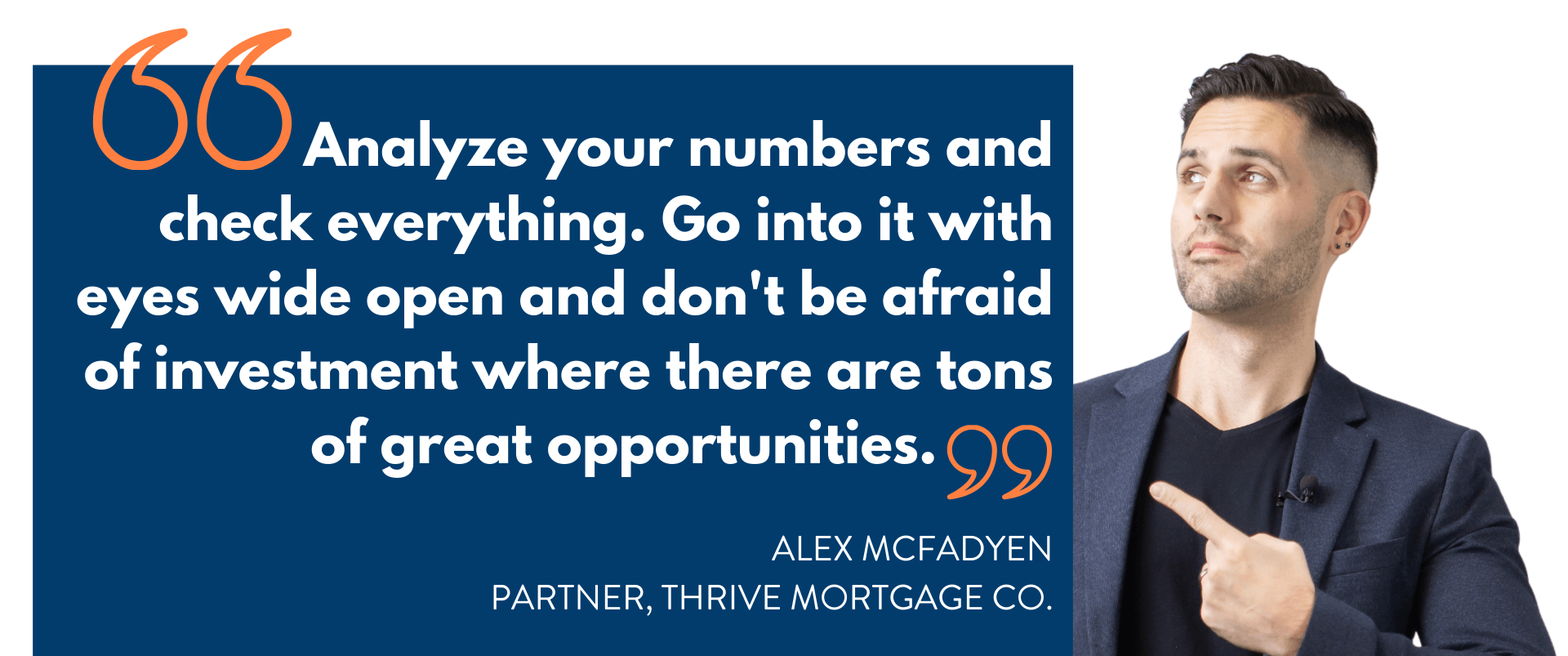
If you're liking the show, leave us a five-star review. You can leave us a review on both Apple Podcasts and Spotify.
If you want to see more of this kind of stuff, make sure to let us know! We value feedback from all of our listeners.
We're on Instagram!
instagram.com/thrivemortgageco
Check us out on Facebook!
How to Reach US! 📲
Call 604.398.5575 or Email us!
More Questions or READY to get started!?
Just Ask US > Click Here to set up a call or EMAIL us
